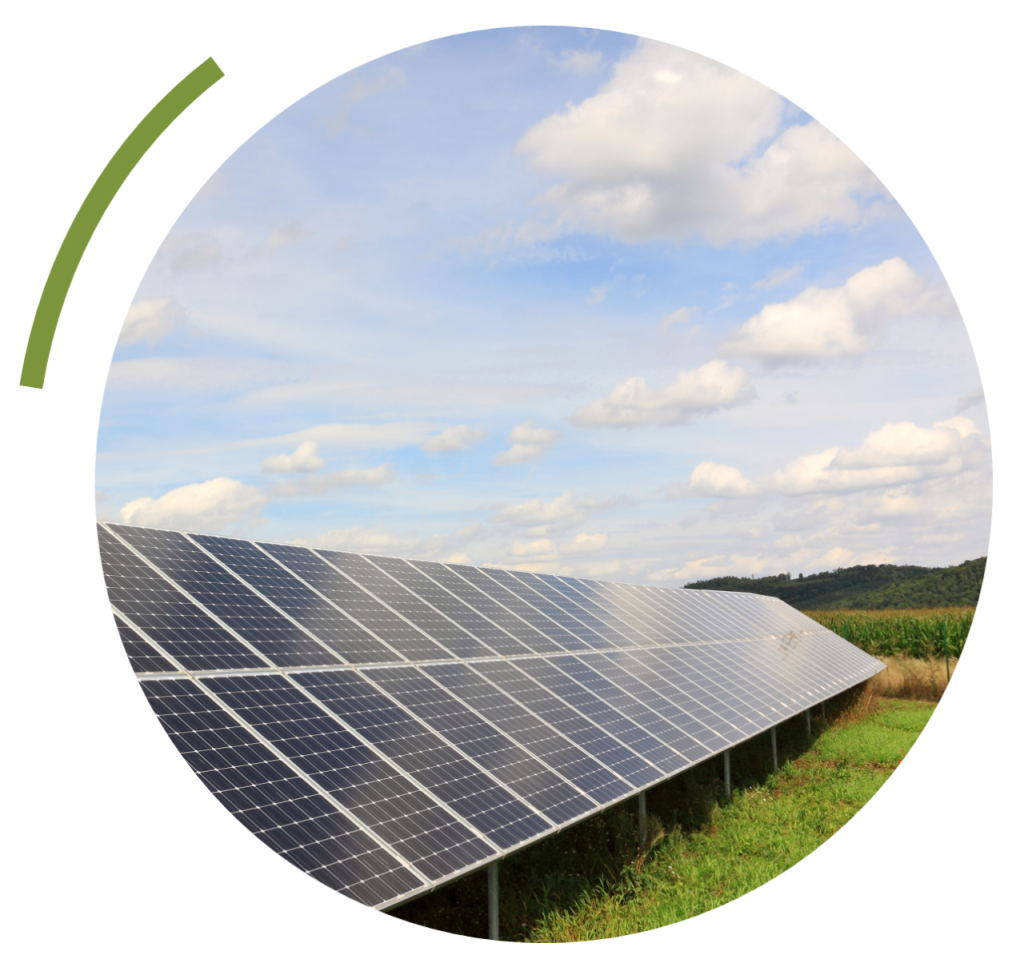When it comes to sustainable living and eco-friendly lifestyles, renewable energy plays a crucial role. There are numerous innovative technologies and practices that contribute to reducing our reliance on fossil fuels and minimizing our impact on the environment. In this article, we will explore 25 such solutions that are shaping a greener future.
1. Biomass Energy: This involves using organic materials such as wood pellets or agricultural waste to generate heat or electricity.
2. Geothermal Energy: By harnessing the Earth’s natural heat, geothermal systems provide clean and reliable power for heating and cooling buildings.
3. Tidal Energy: This renewable source utilizes the power of ocean tides to generate electricity through underwater turbines.
4. Wave Energy: Similar to tidal energy, wave power converts the kinetic energy from ocean waves into electrical energy.
5. Hydrogen Fuel Cells: These cells convert hydrogen into electricity, emitting only water vapor as a byproduct, making them an excellent alternative for transportation and other applications.
6. Microgrids and Smart Grids: These advanced electrical grids enable efficient distribution of renewable energy sources while allowing consumers to manage their own power generation and consumption.
7. Solar Water Heating Systems: These systems use sunlight to heat water directly, reducing reliance on traditional water heating methods that consume significant amounts of energy.
8. Green Building Materials: Sustainable construction materials like bamboo flooring or recycled steel help reduce carbon footprint during building processes while maintaining durability.
9. Energy-Efficient Appliances: Investing in appliances with high-energy efficiency ratings can significantly reduce overall household energy consumption.
10. Sustainable Transportation Options: From electric vehicles (EVs) to public transport networks powered by renewables, sustainable transportation options play a vital role in reducing emissions from the transportation sector.
11. Green Data Centers and Cloud Computing: Data centers are adopting renewable energy sources like solar or wind power while cloud computing reduces hardware requirements leading to lower energy consumption.
12. Offshore Wind Farms: Harnessing strong offshore winds, these wind farms generate vast amounts of clean electricity.
13. Biofuels from Algae: Algae-based biofuels offer a sustainable alternative to traditional fossil fuels, with the added benefit of potentially reducing carbon dioxide emissions.
14. Waste-to-Energy Technologies: These technologies convert waste materials into usable energy forms like heat or electricity, mitigating both waste management and energy generation challenges.
15. Distributed Generation Systems: By generating power closer to where it is consumed, distributed generation systems minimize transmission losses and increase grid resilience.
16. Energy Storage Solutions for Renewables: Efficient energy storage technologies, such as batteries or pumped hydro storage, help overcome the intermittent nature of renewable sources by storing excess energy for later use.
17. Permaculture and Sustainable Agriculture Practices: These practices focus on creating resilient ecosystems that produce food sustainably while conserving resources and promoting biodiversity.
18. Eco-Friendly Packaging and Waste Reduction Strategies: Using biodegradable packaging materials and implementing recycling programs are essential steps towards reducing environmental impact.
19. Green Roofs and Vertical Gardens: Rooftop gardens provide insulation, reduce stormwater runoff, improve air quality, and create urban green spaces in densely populated areas.
20. Sustainable Urban Planning and Design: Cities designed with walkability in mind, efficient public transportation systems, green spaces, and mixed-use developments promote sustainable living patterns.
21. Renewable Energy in Developing Countries: Access to affordable renewable energy solutions can uplift communities by providing reliable power for basic needs like lighting or cooking without relying on fossil fuels.
22. Ocean Thermal Energy Conversion (OTEC): OTEC harnesses temperature differences between deep ocean water and surface water to produce clean electricity.
23. Solar Desalination for Clean Water Production: Solar-powered desalination plants use sunlight to purify seawater or brackish water into freshwater without consuming large amounts of energy or contributing to greenhouse gas emissions.
24.Wind-Solar Hybrid Systems: Combining wind turbines with solar panels allows for a more consistent and reliable energy production as both sources complement each other’s intermittency.
25. Green Financing and Investment Opportunities: Investing in renewable energy projects not only helps combat climate change but also offers attractive financial returns, making it an appealing option for environmentally-conscious investors.
These 25 innovative solutions demonstrate the vast potential of renewable energy and sustainable practices in transforming our world into a greener and more sustainable place to live. By adopting these technologies, individuals, communities, and nations can contribute to building a better future for generations to come.

Leave a comment